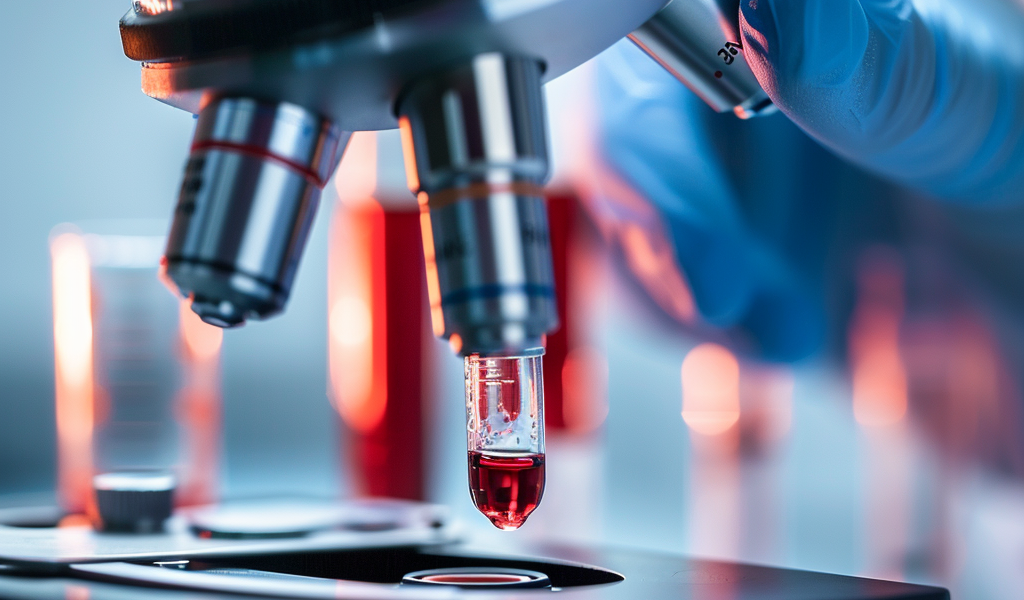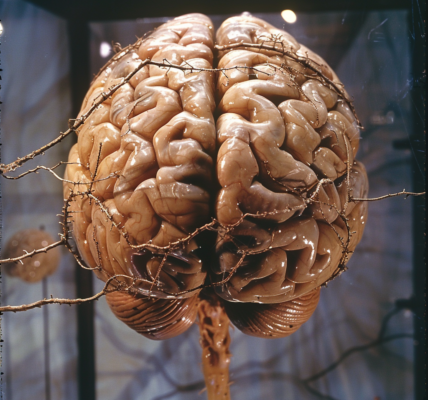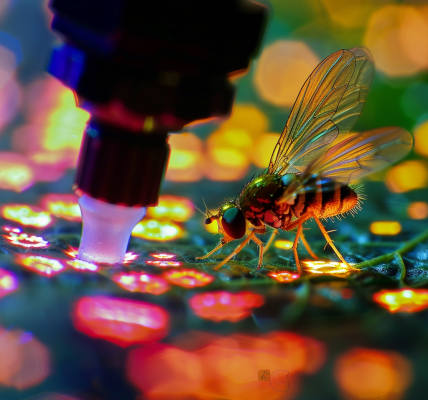The COVID-19 virus has been found to persist in the body for more than a year after the acute phase of the illness has ended, according to new research from the University of California, San Francisco (UCSF). This discovery offers potential insights into the development of long COVID, a condition where individuals experience prolonged symptoms after recovering from the initial infection.
Researchers at UCSF identified COVID antigens, pieces of the SARS-CoV-2 virus, in the blood of patients up to 14 months after their initial infection. Additionally, tissue samples from individuals who had COVID showed evidence of the virus lingering for more than two years.
Dr. Michael Peluso, an infectious disease researcher at UCSF, highlighted the significance of these findings, stating, “These two studies provide some of the strongest evidence so far that COVID antigens can persist in some people, even though we think they have normal immune responses.” The research was presented at the Conference on Retroviruses and Opportunistic Infections (CROI) in March 2024.
Evidence of long-term infection
Initially, COVID-19 was considered a transient illness. However, an increasing number of patients, including previously healthy individuals, continued to experience symptoms such as brain fog, digestive problems, and vascular issues for extended periods.
The research analyzed blood samples from 171 individuals who had been infected with COVID. Using an ultra-sensitive test for the COVID spike protein, the scientists detected the virus in some individuals up to 14 months after their initial infection. Notably, the likelihood of detecting COVID antigens was higher in individuals who had been hospitalized for COVID, as well as those who reported more severe symptoms without requiring hospitalization.
Dr. Peluso emphasized the significance of these associations, stating, “As a clinician, these associations convince me that we are on to something, because it makes sense that someone who had been sicker with COVID would have more antigen that can stick around.”
Virus persists up to two years in tissue
Given the belief that the virus persists in tissue reservoirs, the researchers turned to UCSF’s Long COVID Tissue Bank, which contains samples donated by patients with and without long COVID. The team detected viral RNA in tissue samples for up to two years after infection, despite no evidence of reinfection. The presence of viral fragments in the connective tissue, where immune cells are located, suggests that these fragments may be triggering an immune response. Additionally, some samples indicated the potential activity of the virus.
Dr. Peluso highlighted the implications of these findings, stating that the research provides valuable insights into the persistence of COVID antigens and their potential impact on the immune system.





